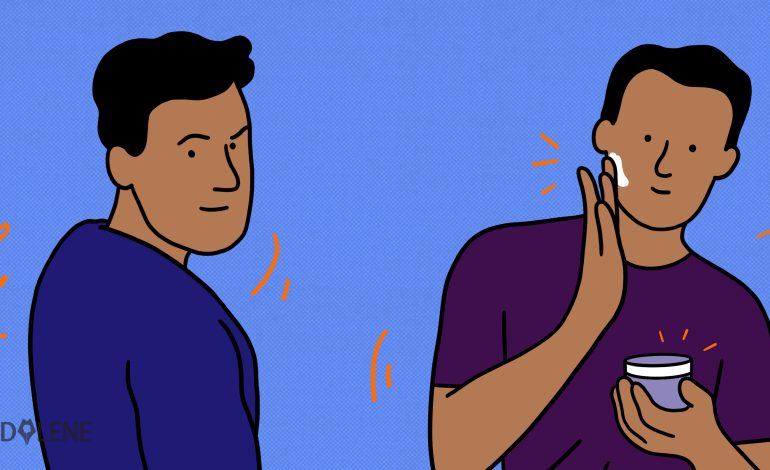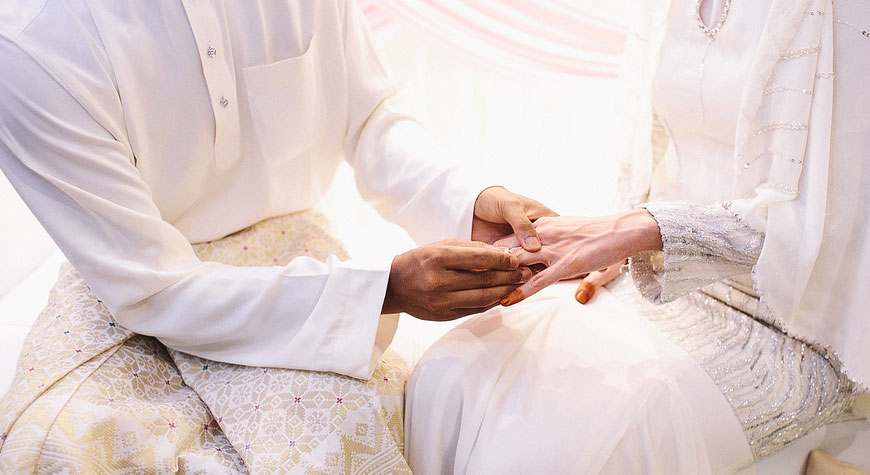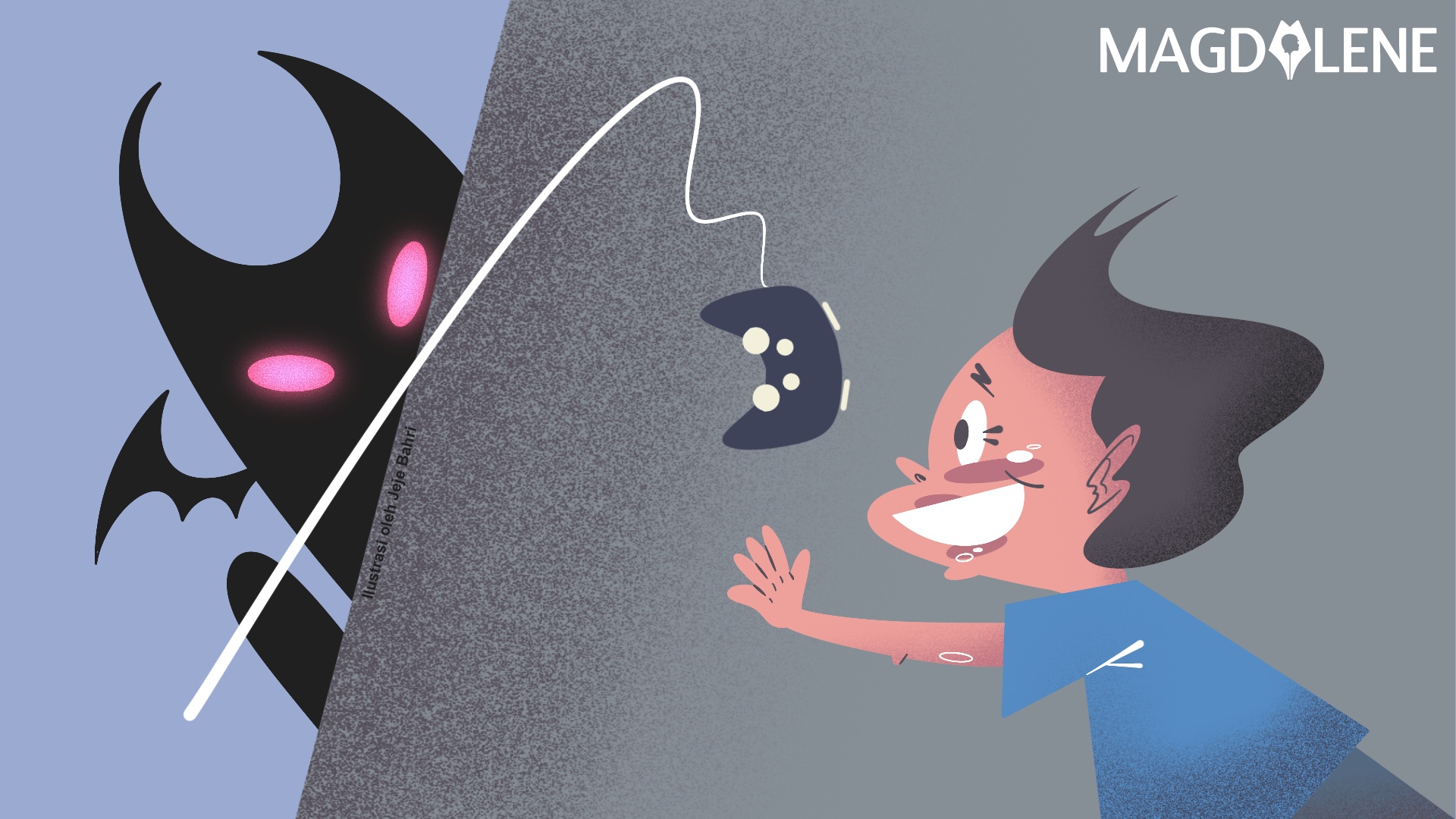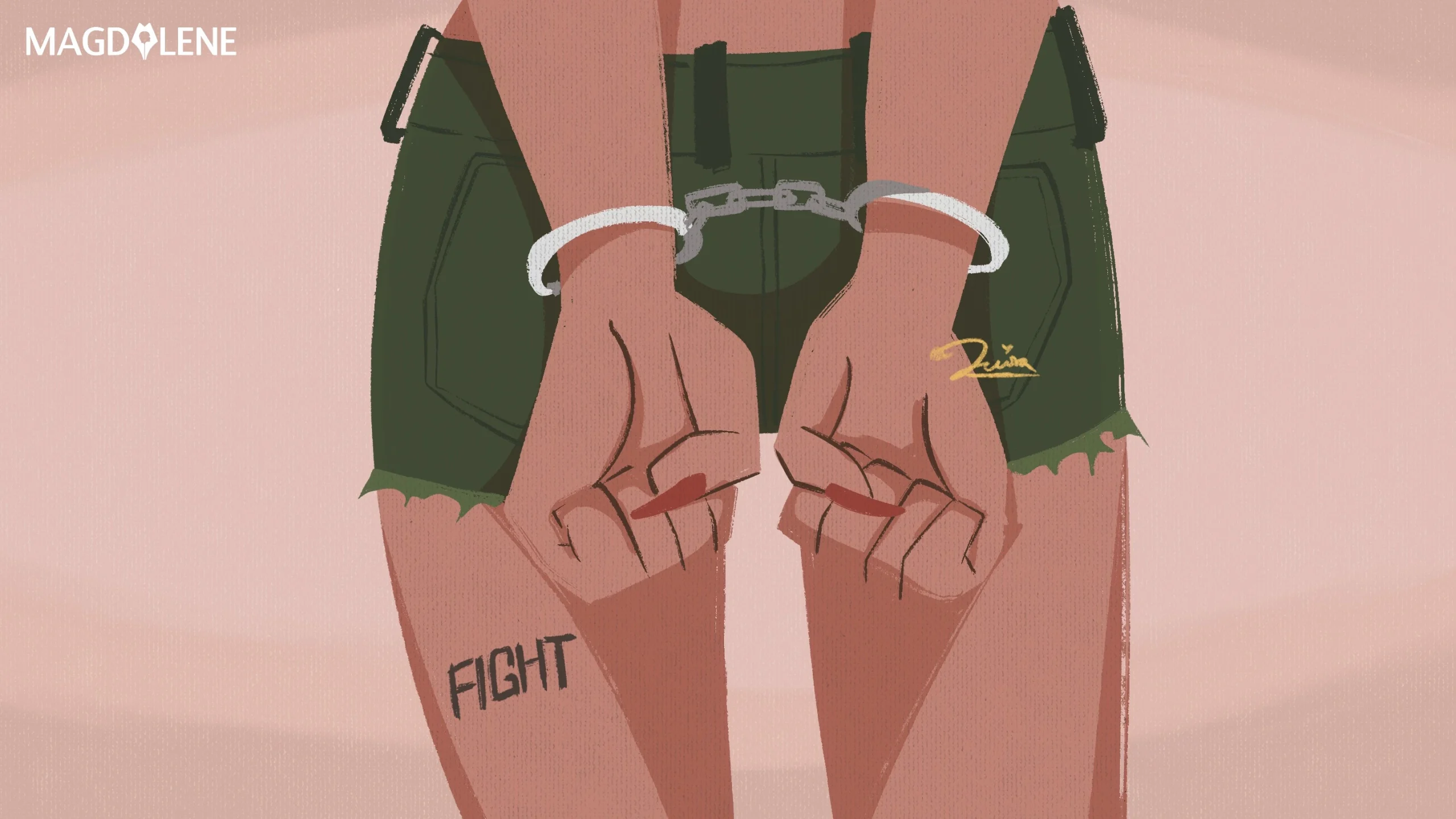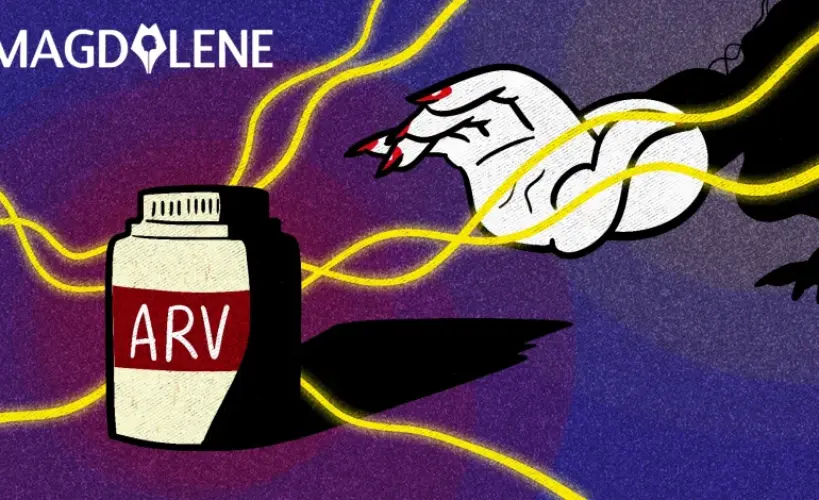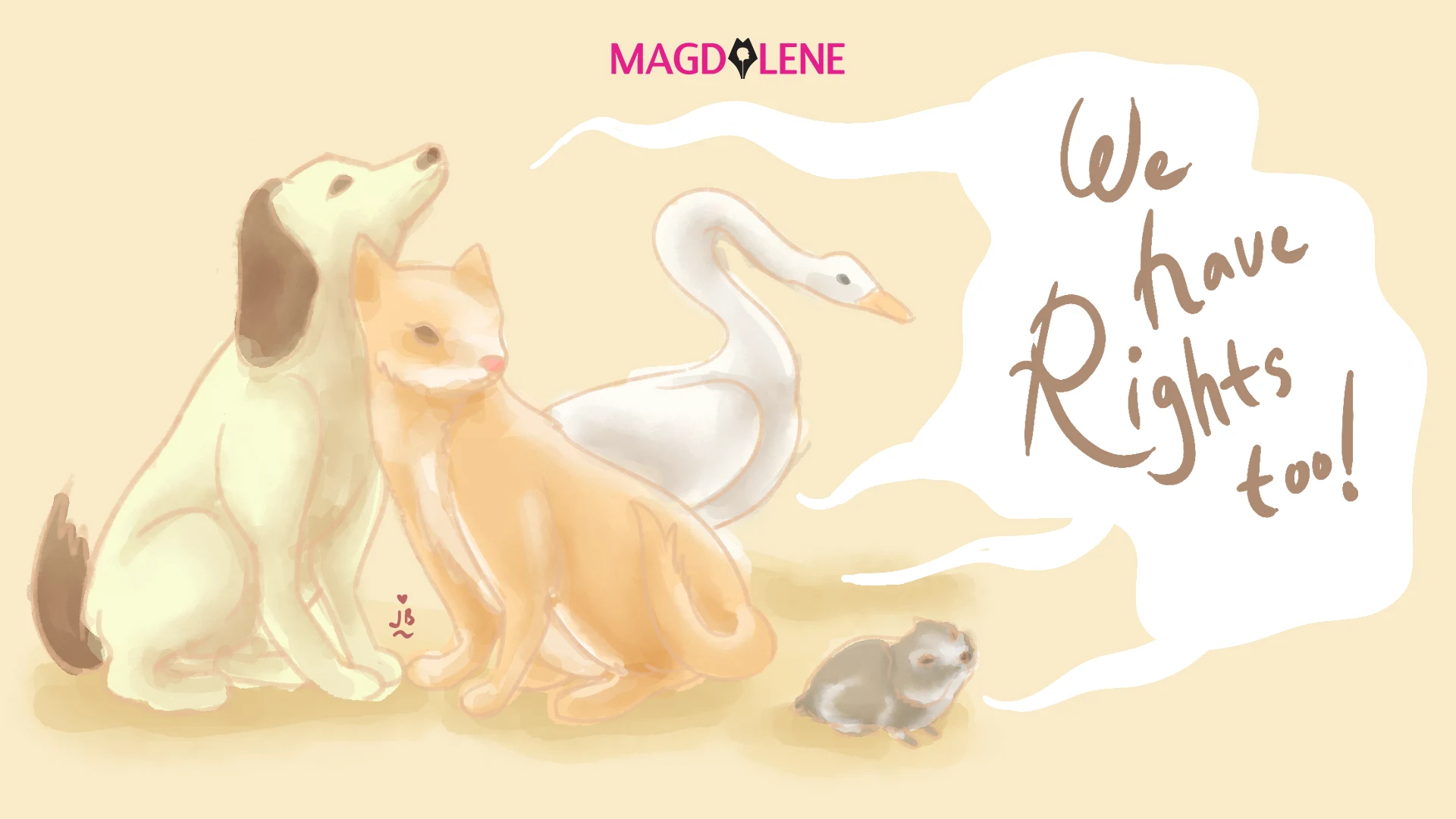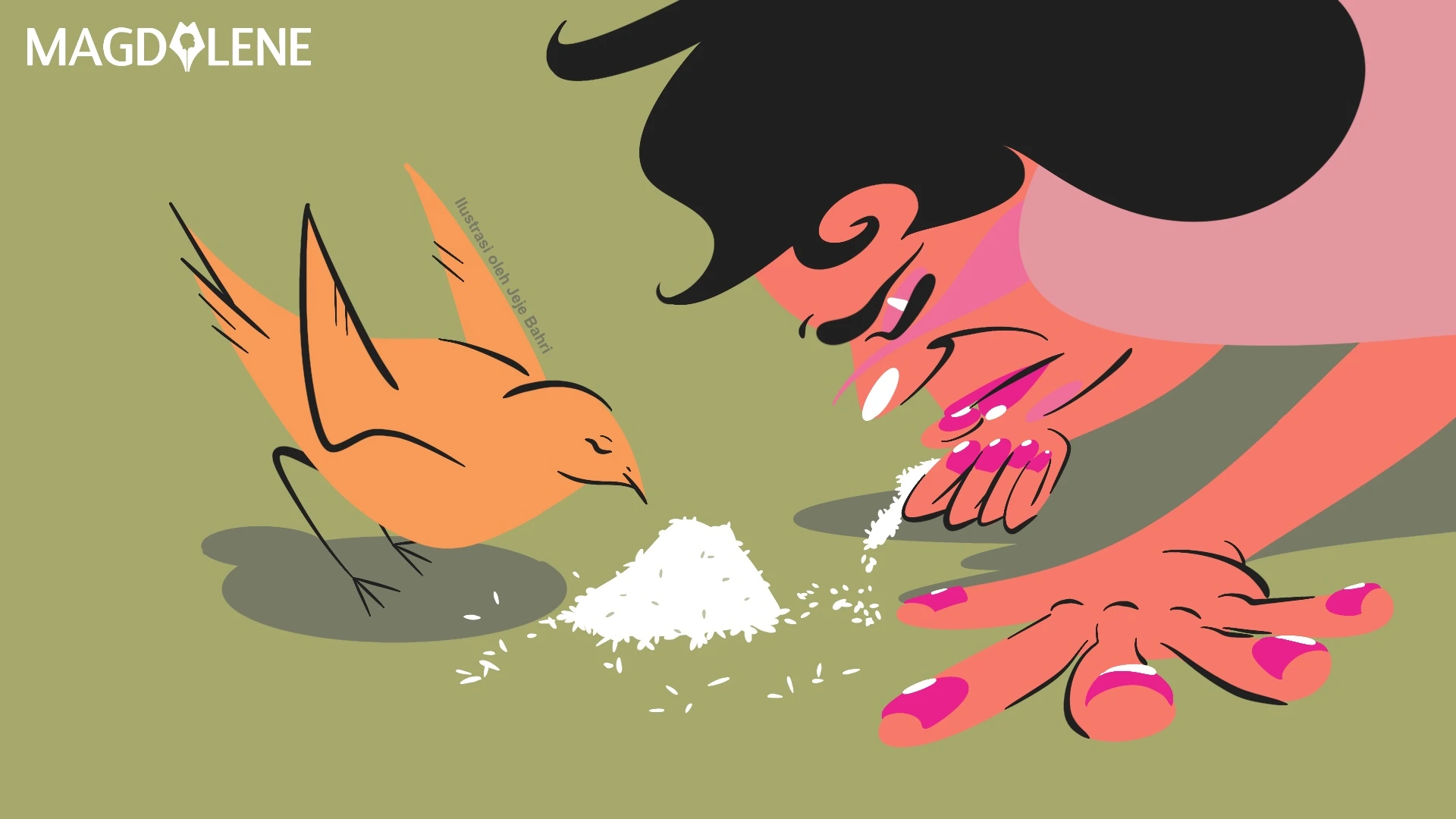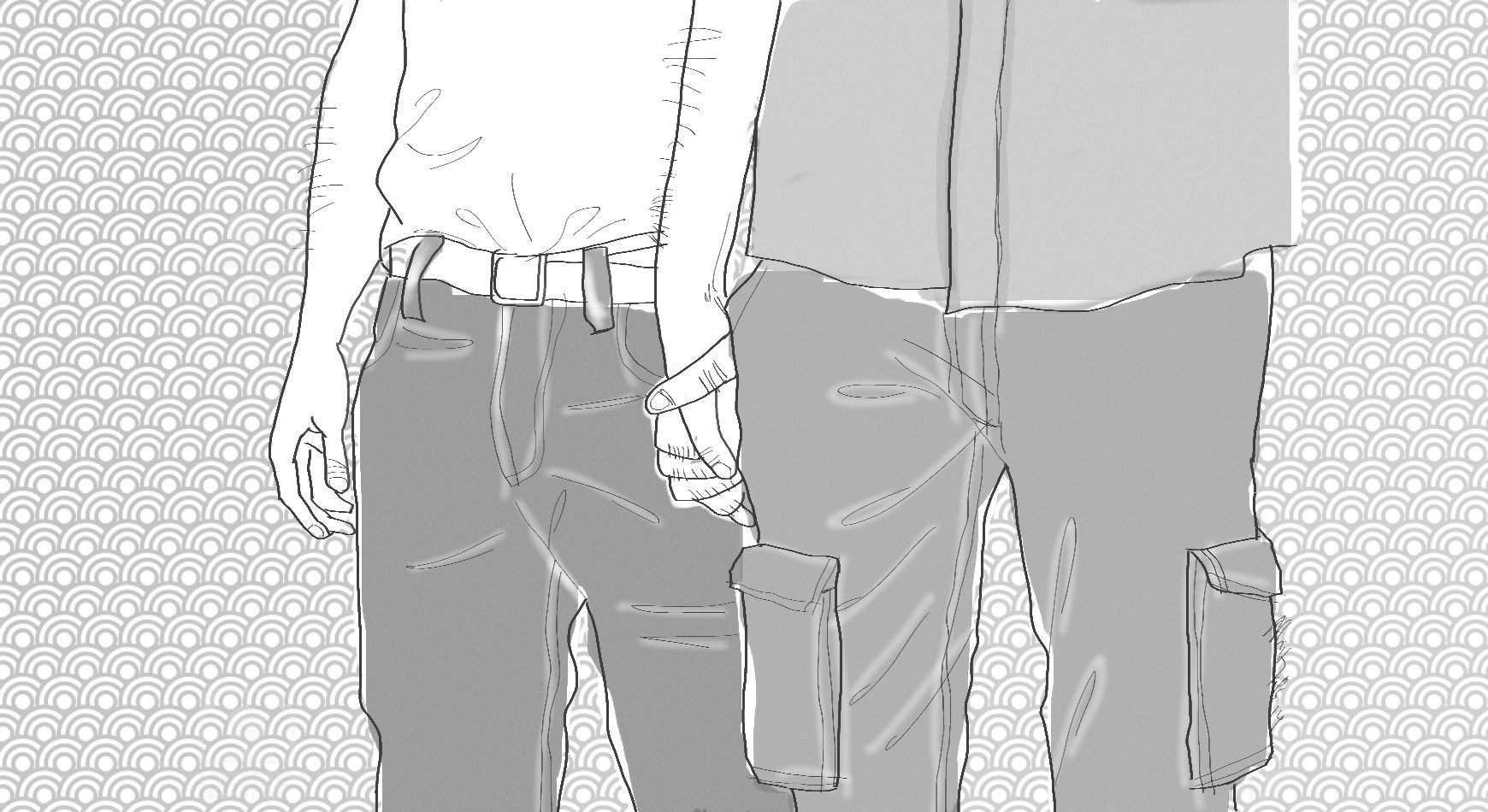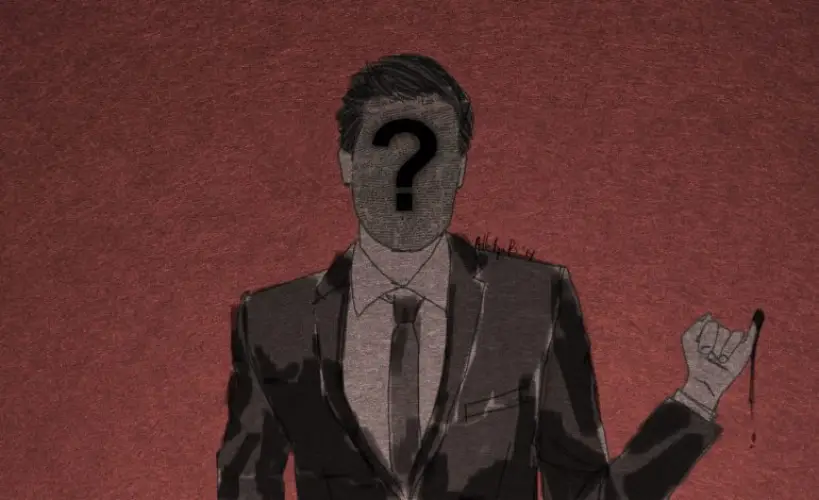Gen Z Boys’ Attitudes To Feminism Are More Nuanced Than Negative
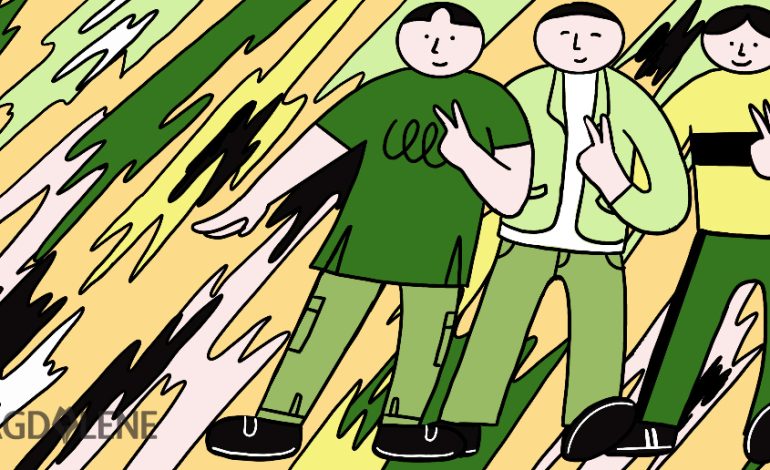
Young men are more likely than older men to think that feminism has done more harm than good, according to a new survey, suggesting a backward step in attitudes to gender equality. Young women aged 16-29 are also slightly more likely than women aged 30-59 to say that feminism has done more harm than good.
The survey, conducted by King’s College London and Ipsos, also found a growing divergence in attitudes towards feminism, masculinity and gender equality between young men and young women.
On the surface, the findings chime with our experiences of conducting research directly with young people on these topics and delivering relationships and sex education in schools. But in both our work and the survey data, the reality is more nuanced than these headline findings suggest.
Most of the survey sample — including the younger age groups — do not sit at the more divided extremes of the response options. While 16 percent of men aged 16-29 thought feminism had done more harm than good, more than double this proportion, 36 percent, thought it had done more good than harm.
Also read: Gender Inequality in Workplace and Women CEOs’ Failure to Recognize It
Who’s A Feminist?
In our recent experience of working in schools delivering and evaluating an educational session designed to address harmful sexual behaviour in schools, we asked the young people how many would identify themselves as a feminist. In response, there were often just two or three hands raised, often accompanied by an odd snide comment from one of the boys.
Both boys and girls seem disinclined to endorse feminism, with this perhaps counter-intuitive tendency among young women having been seen for some time.
But when we probe a little deeper and ask if they believe in equality between genders or what they understand by feminism, a different picture emerges.
The young people we work with often have a firm understanding of the inequality that exists between men and women. They typically endorse the idea that people should not be restricted or disadvantaged by their gender, but that possible disadvantage as a result of gender is nuanced and flows in both directions: both boys and girls are affected by gender stereotypes and pressures.
The girls in the room are quick to point out the double standards which, they feel, means they are judged more harshly and experience more social shaming connected to their bodies and sexual behaviour than boys. They talk about the effect of gender inequality on their ability to make free choices and to feel safe in their day-to-day lives. Unwanted attention, sexual harassment and feeling unsafe are still a rite of passage for teenage girls.
Also read: From Walking to Cycling, How We Get Around a City is a Gender Equality Issue
The boys, meanwhile, with the demands of masculinity thrust upon them, rarely consider themselves powerful or privileged. They are often insecure in their bodies, embarrassed and out of their depth – especially in their intimate and sexual relationships where they are expected to take control.
We have found that young people have a straightforward desire for authentic and healthy relationships be that with their same- or opposite-sex peers. They find it difficult to translate these aspirations into reality, however, as they navigate existing social and cultural expectations and pressures surrounding gender and relationships.
Boys and young men, in particular, are pulled between ideas of traditional masculinity and demands to be emotionally self-aware and sensitive.
Also read: Gender Makes a World of Difference for Safety on Public Transport
The Role of Adults
When thinking about young people’s attitudes to feminism, we need to acknowledge that it is older generations who write the social scripts for boys and girls. It is older generations who frame sex, still, as something boys do to girls – as one of us found when interviewing teachers about how they educate boys about consent.
And it is older adults – such as the 37-year-old social media influencer Andrew Tate – who preach that feminism has gone too far. Media coverage of the King’s College and Ipsos Mori survey has emphasised the finding that one in five young men we surveyed approved of him. But this means that only a minority of boys and young men who said they had heard of Tate had a positive view of him.
More than half of the young men said they found Tate’s views offensive. This finding reflects what we are encountering in our research work: a dwindling interest in Tate among young people.
In our experience, most young people are open-minded, inclusive and tolerant. They are critical thinkers when allowed to think for themselves rather than being fed easy answers by the adults around them or, as seemed to be the case in this survey, asked to select between options framed as competing interests between men and women.
Our research underscores the need for a youth-centric approach to tackling issues relating to gender and relationships with young people that does not tell them what to think, but more how to think in ways that respond to their concerns. The adults in young people’s lives – parents, teachers and others – should think about, and talk to them about, why influencers like Tate gain traction.
Young people need support, based on open and constructive dialogue, to navigate gender and relationships in an ethical, mutual and positive, rather than risk-averse and divisive, way.![]()
Emily Setty, Senior Lecturer in Criminology, University of Surrey dan Jonny Hunt, Senior Lecturer in Applied Social Science, University of Bedfordshire
This article was first published on The Conversation, a global media resource that provides cutting edge ideas and people who know what they are talking about.


